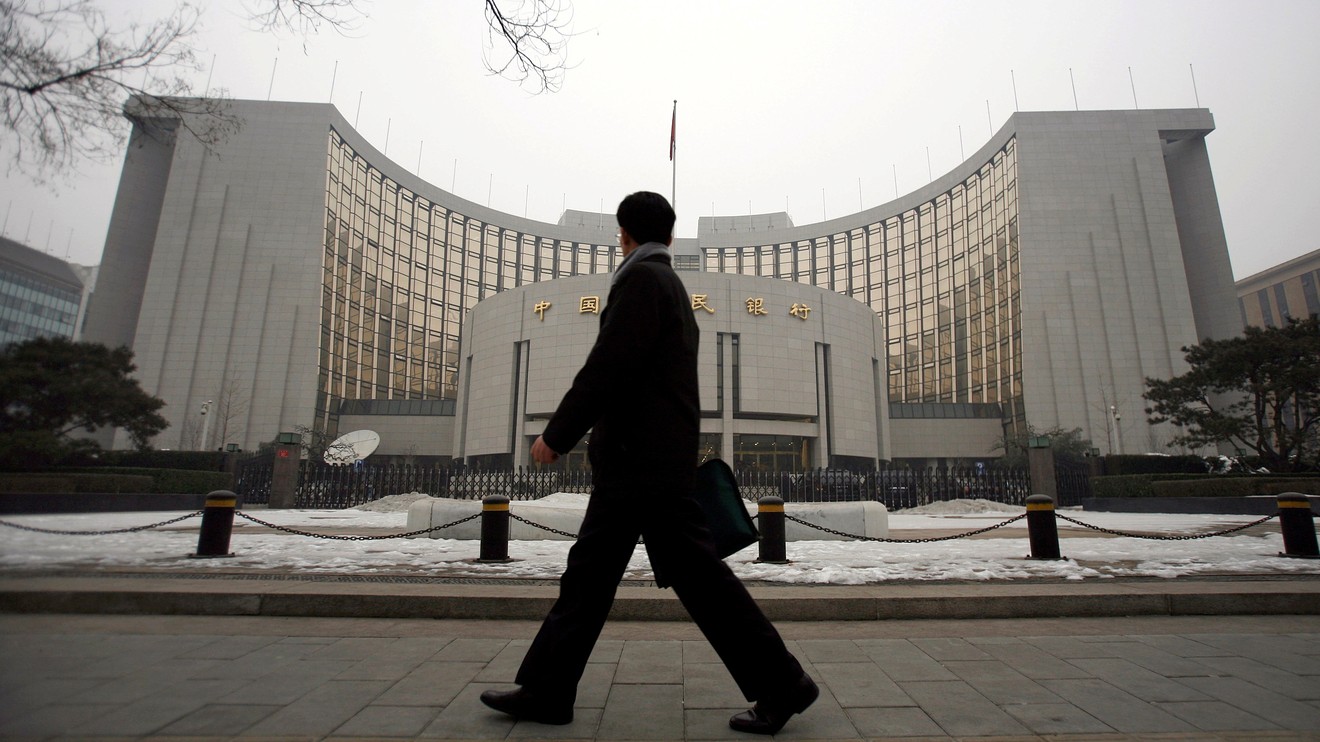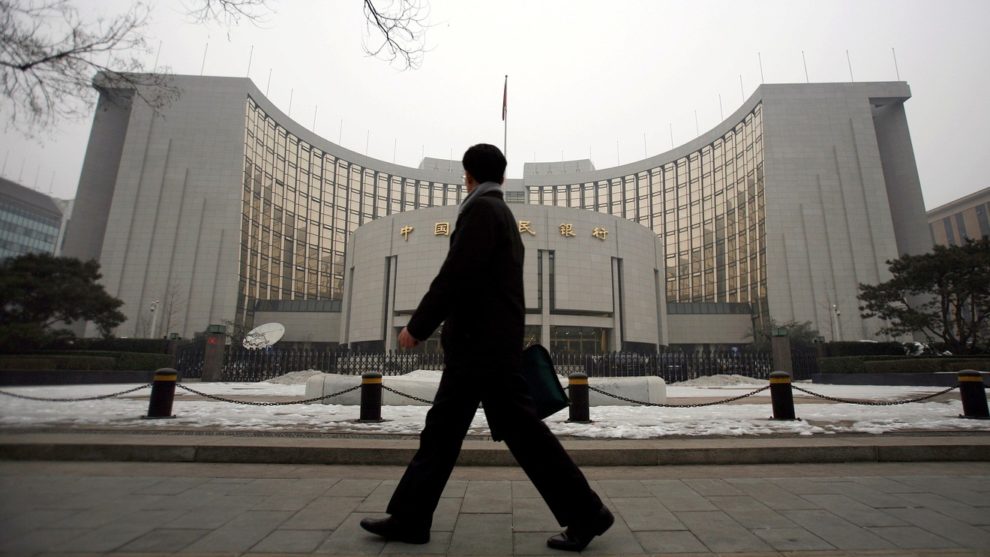
China’s central bank is denying widespread reports that it will release a digital currency by November, and saying the internet giants Alibaba and Tencent will not be the first companies to utilize its online payment system when it is rolled out.
The People’s Bank of China made the announcement over the weekend via its official rumor-busting website, Piyao. It gave few details beyond denying an imminent release of the currency.
Numerous industry sources and media outlets had reported that Beijing was close to unveiling the digital payment system, and said the process had been accelerated by Facebook’s FB, -1.64% announcement that it would release its own currency, called Libra.
Best New Ideas in Money: Silicon Valley’s final frontier for mobile payments — ‘the neoliberal takeover of the human body’
China would become the first major country to issue a digital version of its currency if the digital currency is released.
It is also unclear if the apparent postponement is the result of reshuffling at the PBOC. Two weeks ago, central-bank veteran Mu Changchun was elevated to head of the PBOC’s digital-currency research institute. Mu has been a strong proponent of the currency and last month said it was “close to being released.”
Mu also said in August that the currency will be based on a two-tier system similar to that used to produce minted money, with the PBOC producing and managing the currency, then issuing it to commercial banks and other entities, which then circulate it to consumers.
But unlike bitcoin BTCUSD, -0.63% , China’s digital currency is unlikely to rely on blockchain technology, Mu said, which may not be able to support the enormous volume of transactions that take place at any given moment.
China’s creation of its own digital currency was spearheaded by a former central-bank governor, Zhou Xiaochuan, who retired last year. Though many transactions in China are already digital — through the use of Alipay and WeChat — PBOC officials have reportedly been concerned that nascent online currencies could leave the country vulnerable or reduce the government’s control over issuance.
Mu echoed comments Zhou made over the summer that different agencies should be competing to win acceptance of what technology is used, and that multiple government institutions were developing their own road maps for the payment system. Whether this interagency competition is at the center of the delay is also unknown.
Unlike the U.S. and much of Europe, China largely leapfrogged the credit-card era, with payments moving from cash straight into digital wallets à la Alipay and Tencent. Alipay, which is run by Alibaba BABA, -3.03% affiliate Ant Financial, now processes roughly half of mobile payments in China, while Tencent’s TCEHY, +0.23% 700, -0.53% WeChat Pay handles just under 40%, according to Beijing-based research firm Analysys.
The widespread adoption of mobile payments in China means consumers are unlikely to experience significant disruptions once a digital currency is rolled out. Most changes will be at the government and lending levels, allowing institutions greater control over issuing and tracking exchanges, and could help in detecting money laundering and other illicit activities.
Read on: How to invest in — or avoid — what makes China, China
Tanner Brown is director of real-time news at Caixin Global in Beijing.











Add Comment